
The Architecture of Resilience Veterans Institute offers opportunities for:
Free education* in over 30 specialties and >100 educational programs
Retraining, courses, second higher education, master’s and postgraduate studies
Psychological support and rehabilitation
Participation in projects for the restoration of Ukraine
Partnership programs with employers (Axor, Barks, Google, Microsoft, Cisco, etc.)
Training formats: full-time, part-time, online.
We work with communities throughout Ukraine.
Individual support from admission to employment.
We invite everyone to online or offline meetings with our team. We will tell you:
▪️ how to apply
▪️ what benefits veterans and their children are entitled to
▪️ how to receive compensation for training
▪️ which educational programs are most relevant for reconstruction

Program details:
www.Veterano.info
Write to us or leave a request on the website:
+38 073 94 96 179
+38 050 22 35 182
+38 067 49 81 098
center@uvc.in.net
veterano@knuba.edu.ua
Head: Artem Goncharenko – +38 073 177 72 73
Let’s build the future together. Start with education today!
Partner universities:
• Kyiv National University of Construction and Architecture
• National University of Physical Education and Sports of Ukraine (NUPESU) — a key institution on the basis of which a training and rehabilitation center for veterans has been created.
• Western Ukrainian National University
• Yuri Kondratyuk Poltava Polytechnic National University
• Vasyl Stefanyk Precarpathian National University
• National University of Life and Environmental Sciences of Ukraine
• Drohobych National Pedagogical University
*“Free education” refers to participation in state compensation programs, grants, scholarships, and support from employers.
Important: admission during the basic admission campaign within the standard terms.
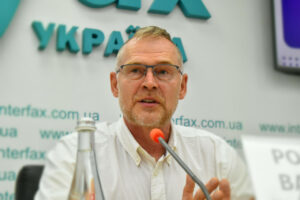
Optima School is planning to open online and offline education hubs in Ukraine and abroad, its founder Roberts Weishla said at a press conference at Interfax-Ukraine news agency on Thursday.
“Now our goal is to open hubs of mixed offline and online education in Ukraine and not only in Ukraine, where children will be able to study not only remotely but also in person. Additional classes, clubs, etc. will be introduced there to make it interesting,” said Vaischla.
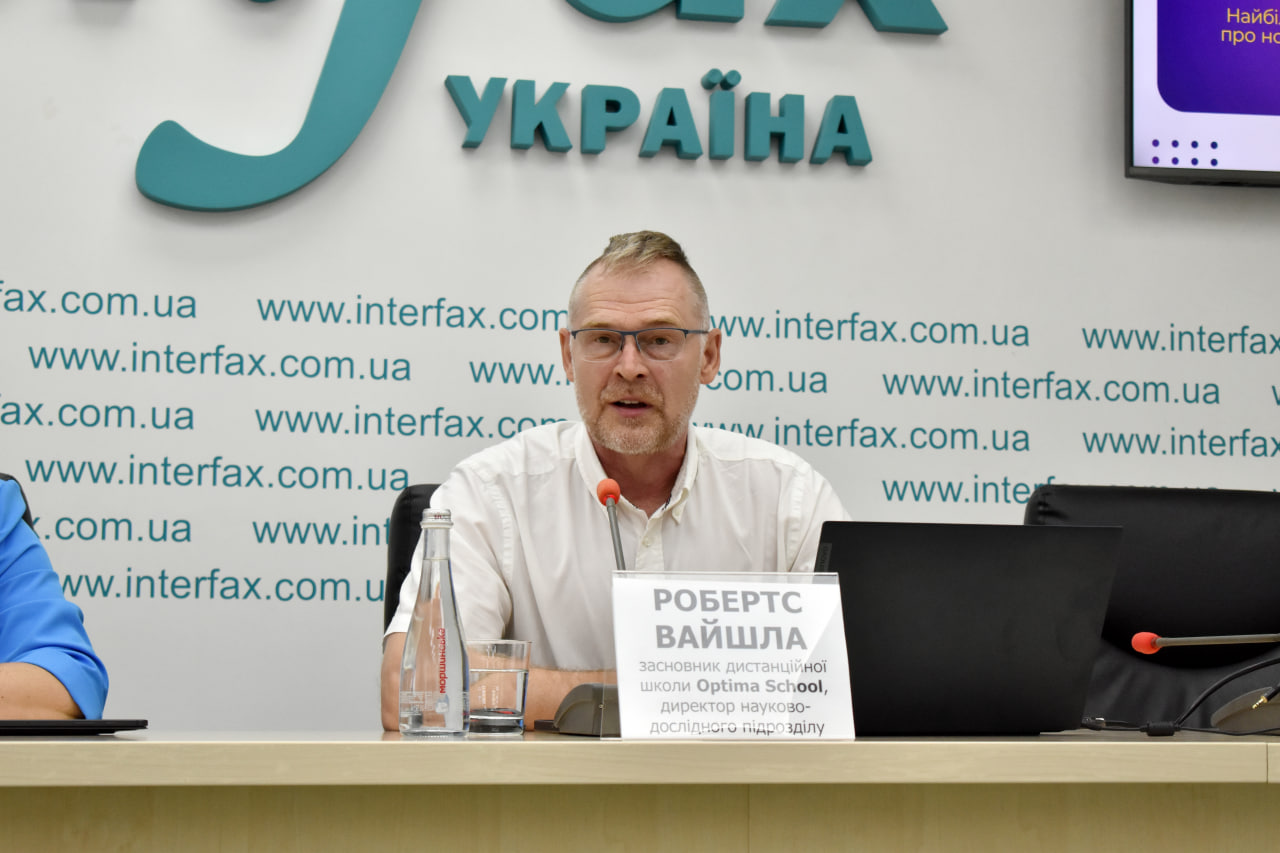
He noted that Optima planned to open an offline learning space last year by building Ukraine’s first blended learning school. However, according to him, a legal dispute over the land plot on which the school was planned to be built is ongoing.
“The school purchased a plot of land for construction, and now there is a court case going on. And we don’t know what will happen to this project. As a citizen of another country, I don’t really understand the arguments that the government agencies used to suspend our work,” Vaisla added.
For her part, Optima School director Olga Bilodid said that the school will open an educational hub in Kyiv.
“It may not be an Optima space, and it will be much smaller, but the idea will be realized, and such a space will start in Kyiv,” said Bilodid.
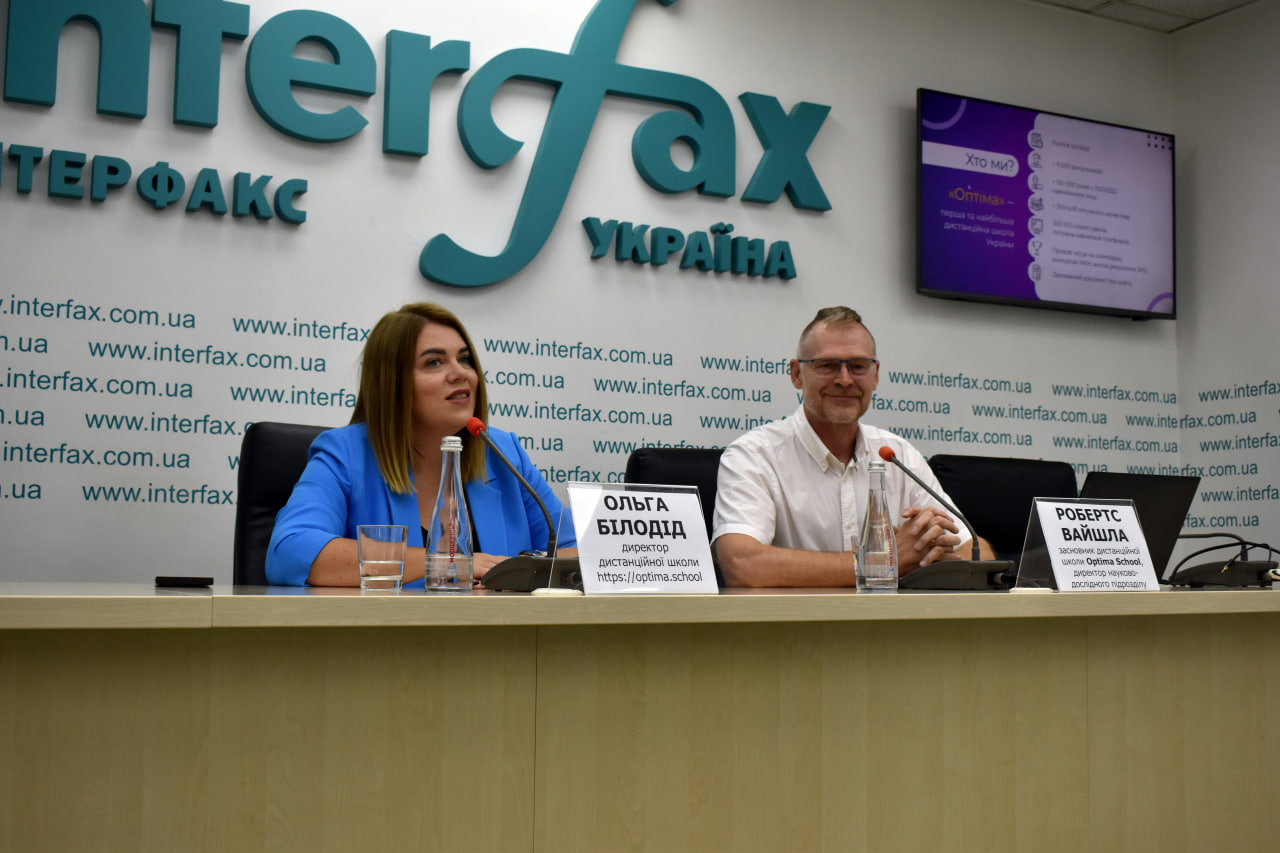
According to her, the hubs will offer courses aimed at the practical component.
“If it is language or literature, there will be classes in journalism and public speaking, if it is chemistry and physics, there will be laboratories. If it is, for example, a foreign language, it will be discussion clubs. That is, we want to give our children more practice,” explained Bilodid.
Optima School was established and licensed in 2015. The school currently has 20 thousand students.
Source: https://www.youtube.com/watch?v=c47lKOfQ9GA
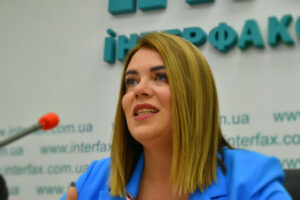
Optima Distance College is planning to expand its list of majors to include humanities and eventually establish a university, Optima School director Olga Bilodid told Interfax-Ukraine news agency on Thursday.
“Now there are five of them (specialties), but there is an intention to develop, and the range of specialties will definitely expand,” Bilodid said.
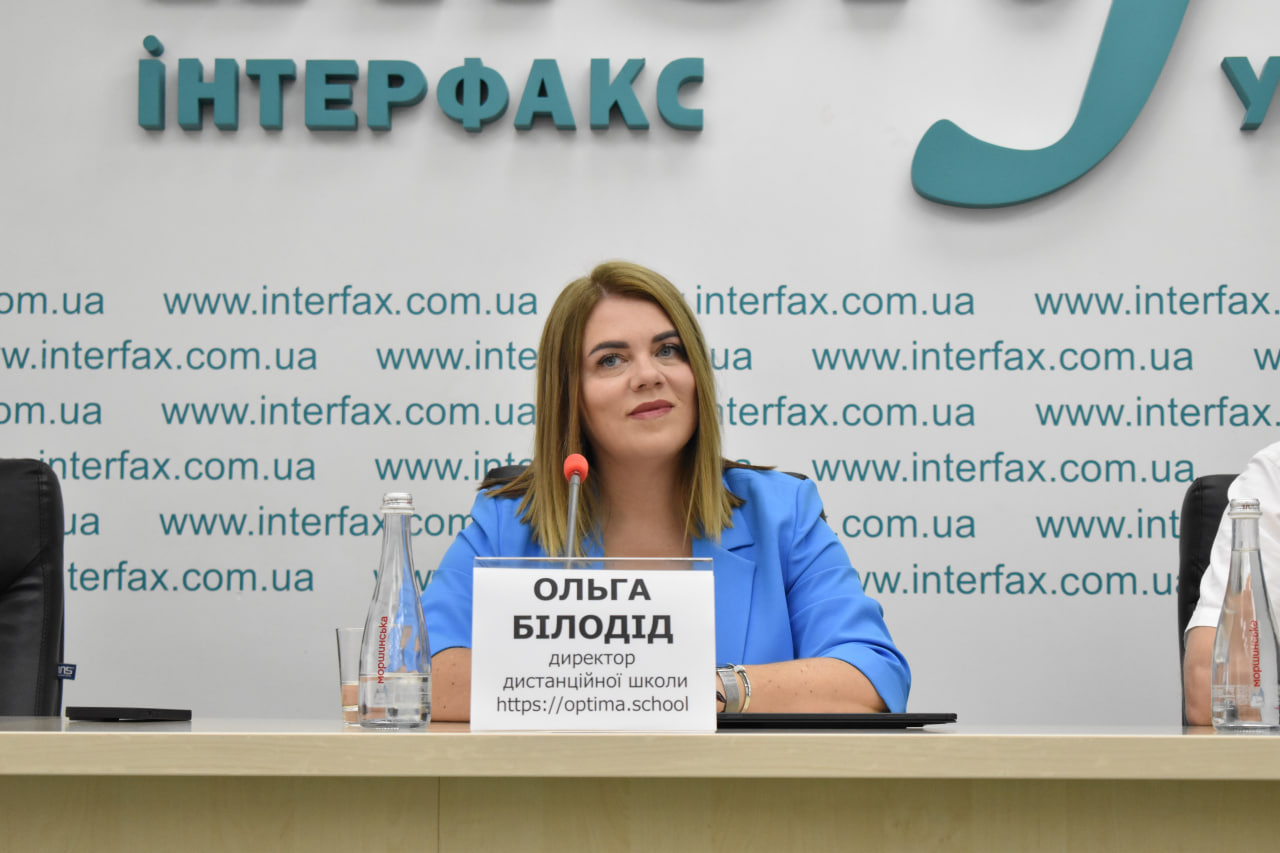
According to her, Optima College graduates receive a junior bachelor’s degree and have the opportunity to enter the college after both the 9th and 11th grade.
Belodid added that the creation of an Optima university is currently on the agenda for the future.
“We are persistently looking in this direction and think that this intention will be realized, but we still need to understand how to implement it in the realities of our country,” said the director of Optima School.
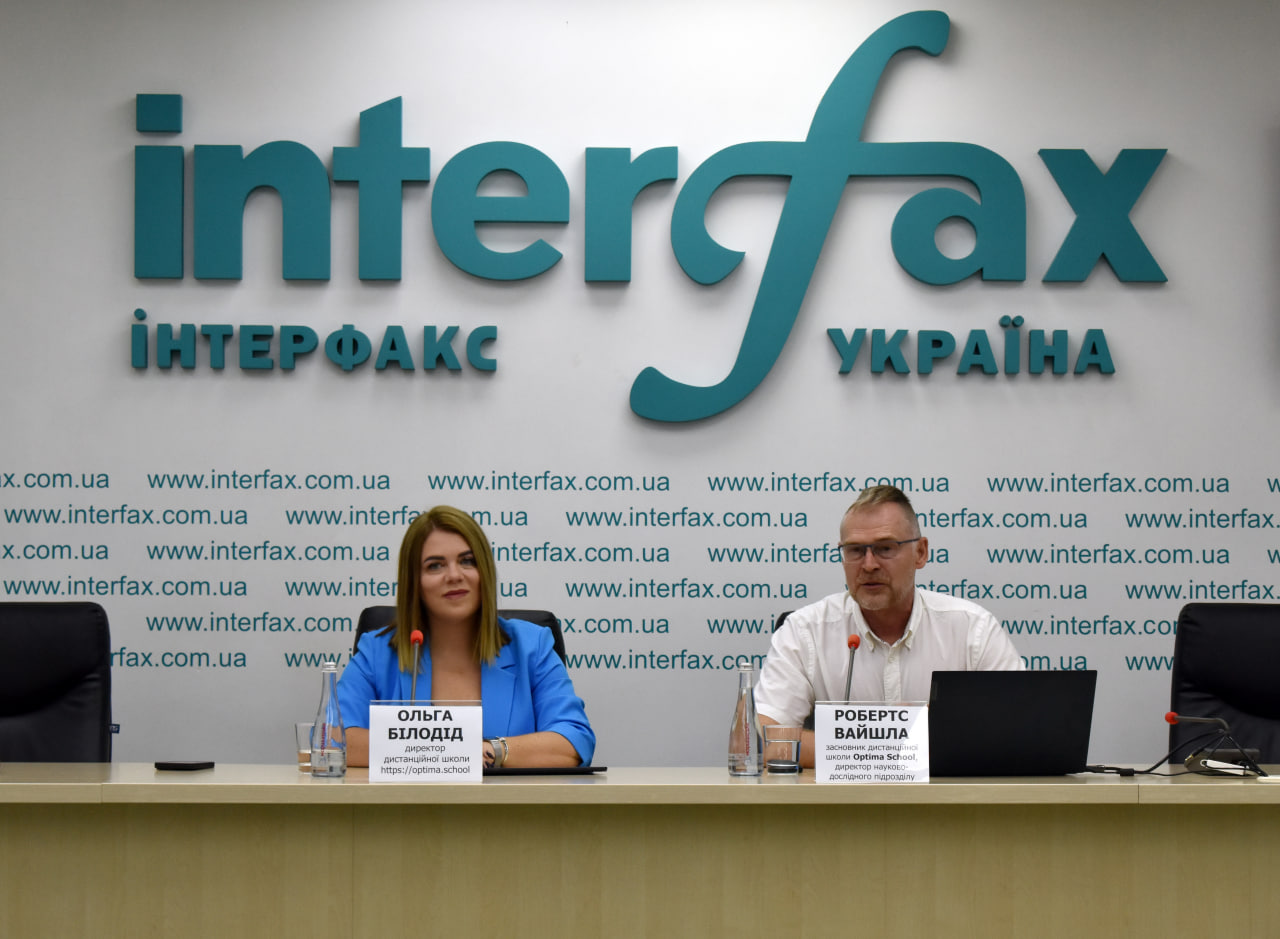
According to the website, Optima Distance College is a project of the largest distance school in Ukraine, Optima. The college offers five specialties: entrepreneurship and trade, psychology, computer science, marketing, and graphic design. The tuition fee is UAH 2 thousand per month, regardless of the specialty.
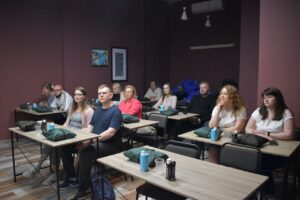
With the start of the new school year, new rules came into force in Ukraine, providing for different training regimes depending on the level of security in different regions. These measures were introduced in response to the high level of danger.
Taking into account the current situation and the importance of ensuring the safety of pupils and students, the Experts Club training and analysis center in Kyiv organized a training seminar on pre-medical assistance for teachers. The training, which took place on September 29 in Kyiv, was designed to provide teachers with the necessary skills to provide first aid in case of wounds and injuries.

The seminar was organized by the Experts Club think tank and medical partner Adonis. The seminar was also supported by the charity organization Hromada Priirpeniya Foundation and information support from Interfax-Ukraine news agency and Open4business portal.
The main presenter of the training was Maryana Bolyuk, an anesthesiologist and representative of the Adonis group of medical centers. Maryana is a co-author of 12 scientific publications and has rich experience in the field of medicine.

During the seminar, teachers and educators received not only theoretical knowledge, but also practical skills necessary to provide first aid to children in various situations. Among the main topics covered were:
1. Basics of pre-medical care: The workshop participants learned the basic principles and steps to follow when providing first aid, including assessing the situation, ensuring safety, calling for emergency medical assistance and providing emergency interventions.
2. Treating different types of wounds and injuries: Trainers learned how to properly treat wounds, stop bleeding, fix fractures, and treat bruises and sprains.
3. Pre-medical care for children: Teachers gained specialized knowledge on first aid for children, taking into account their body characteristics and emotional reactions.
4. Practical exercises: Practical exercises were an important part of the workshop, including modeling different situations and practicing first aid skills.
Training teachers and educators in first aid for children with injuries and trauma is an important initiative to promote safety in educational institutions. Experts Club and Adonis will continue to support such educational initiatives to ensure the highest level of safety in educational institutions of Ukraine.
Maksym Urakin, founder of Experts Club, emphasized that teachers play a key role in children’s lives and knowledge of pre-medical care skills is a part of education that can save lives.

“Such workshops help teachers not only feel more confident in emergency situations, but also provide them with the opportunity to teach their students the basics of first aid, which is also an important skill for everyone,” Urakin noted.
The training was attended by university professors and school teachers from Kyiv and the Bucha district of Kyiv region.
Oleksandr Golizdra, Chairman of the Committee on Information Policy and Relations with Local Authorities of the Public Council at the Bucha District State Administration, asked the participants to pass on the knowledge and skills gained to their colleagues in educational institutions.
According to Tetyana Lagovska, executive director of the Pryirpin Community Foundation, the main thing in first aid is the efficiency of actions to stabilize the victim’s condition. However, as the volunteer noted, it is also important to adhere to the principle of “do no harm,” so it is important to know what should and should not be done before the arrival of professional doctors.
The participants of the training expressed their gratitude to the organizers and the instructor for the valuable knowledge and experience gained at the training. They also emphasized the importance of such events and hope that such educational seminars will continue in the future. In addition, each participant received as a gift a fully equipped first aid kit for first aid in case of wounds.
The pre-medical care workshop for teachers was an example of how educational institutions and medical partners can collaborate to ensure the safety of students and staff. These efforts will help strengthen the education system and prepare teachers for the variety of challenges they may face in educational institutions in war.

Experts Club and Adonis pledge to continue to support and conduct similar educational initiatives, as they see them as an opportunity to make education safer and encompass not only academic but also life skills.
ADONIS, CLUB_EXPERTS, EDUCATION, FIRST_HELP, FUND_OF_GROMADA_PRIORPENIYA, GOLYZDRA, PRE-MEDICAL_HELP, URAKIN, БОЛЮК